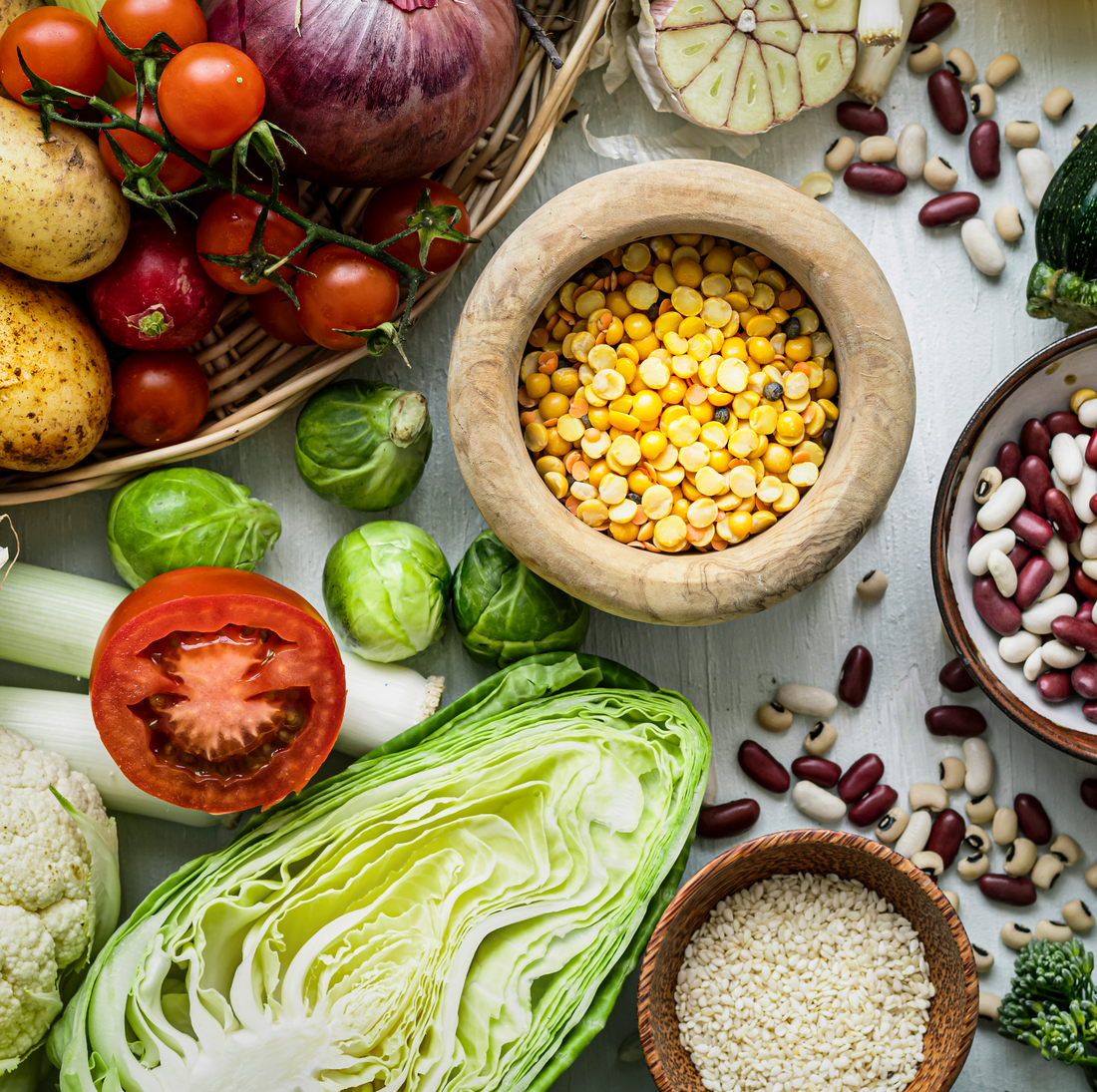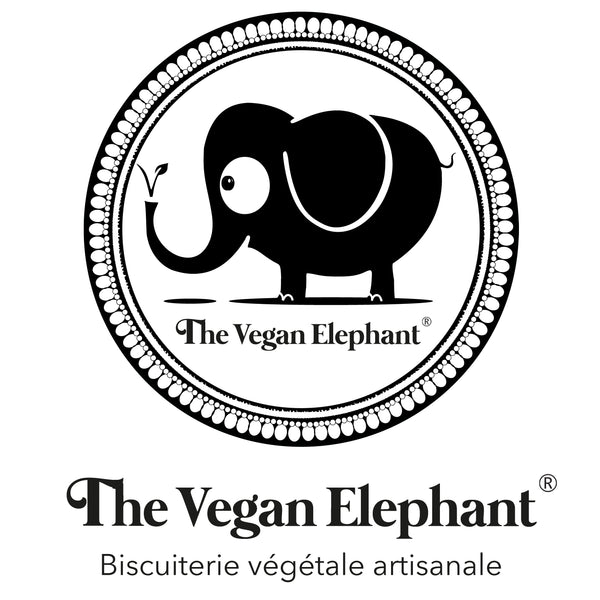
Title: Healthy, Balanced Vegan Eating: How to Nourish Your Body with Compassion
Share
Have you ever wondered how to maintain a healthy, balanced vegan diet while still enjoying every bite? You’ve come to the right place. Whether you’re already vegan or considering becoming one, this article is designed to guide you towards a nourishing, ethical, and tasty lifestyle.
Why Choose a Vegan Diet?
Choosing a vegan diet is more than just a trend. It’s a commitment to your health, the environment, and animal welfare. By eliminating animal products, you not only reduce your carbon footprint, but you also lower your risk of many chronic diseases such as heart disease, type 2 diabetes, and some types of cancer.



The Basics of a Balanced Vegan Diet
- Protein: Protein is essential for tissue growth and repair. Legumes, tofu, tempeh, nuts, and seeds are excellent sources of plant-based protein. Be sure to vary your sources to get a full spectrum of amino acids.
- Carbohydrates: Complex carbohydrates, such as whole grains, root vegetables, and legumes, are essential fuels for your body. They provide long-lasting energy and help stabilize your blood sugar.
- Fats: Healthy fats are crucial for a balanced diet. Avocados, nuts, seeds, and cold-pressed oils (like olive or flaxseed oil) are ideal sources of unsaturated fats, which are beneficial for heart and brain health.
- Vitamins and Minerals: Leafy green vegetables, colorful fruits, legumes, and whole grains are rich in essential vitamins and minerals, including iron, calcium, vitamin D, and vitamin B12. Supplements may be necessary for certain vitamins such as B12 and D, especially in the winter.
How to Make Complete Vegan Meals?
To create balanced vegan meals, make sure to include a source of protein, complex carbohydrates, and healthy fats in each meal. For example:
- Breakfast: Green smoothie with kale, banana, chia seeds, and almond butter.
- Lunch: Quinoa salad with chickpeas, avocado, fresh vegetables, and a sesame oil dressing.
- Dinner: Lentil curry with brown rice, accompanied by sautéed vegetables and cashew nuts.
Tips for a Successful Transition
- Education: Educate yourself on the basics of vegan nutrition to avoid deficiencies.
- Planning: Prepare your meals in advance to avoid being left without healthy options.
- Experiment: Try new recipes and explore world cuisines so you never get bored.
Eating a healthy, balanced vegan diet is not only possible, it’s incredibly rewarding. By nourishing your body with whole, natural, plant-based foods, you’re choosing a healthier future for yourself and the planet. Be sure to check back regularly for tips, recipes, and up-to-date information on the vegan lifestyle.
Join the conversation!
Share your favorite recipes or ask your questions in the comments below. You can also follow us on Facebook and Instagram for more daily vegan inspiration.
